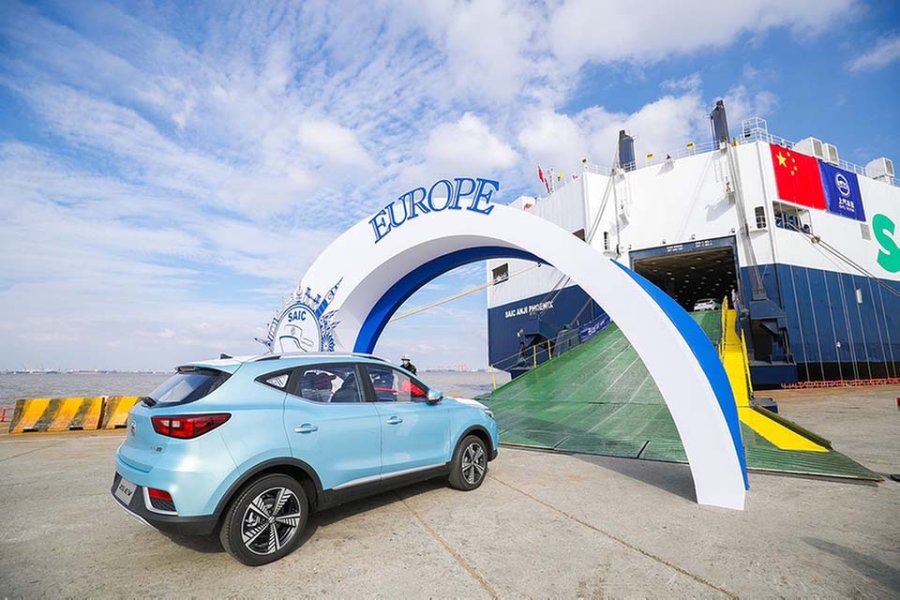



As 2025 begins, the trade relationship between the European Union (EU) and China faces significant challenges, marked by escalating tensions and geopolitical complexities. In November 2024, the EU imposed tariffs of up to 45% on Chinese electric vehicles (EVs), citing unfair subsidies as the primary reason for these measures. This decision reflects a broader trend of increasing friction in EU-China relations, particularly as the EU seeks to protect its domestic industries amidst rising competition from Chinese manufacturers [bc324edc].
Wei Jianguo, a former vice-minister of commerce in China, has criticized the EU's tariff policies, suggesting that they are heavily influenced by the United States and calling for a more balanced approach to trade negotiations. He emphasized that tariffs have historically failed to resolve trade issues and instead burden consumers while hindering economic cooperation [a2008d5].
The backdrop to these tensions includes China's ambitious RMB 10 trillion (USD 1.4 trillion) stimulus package, aimed at stabilizing its economy amid a real estate crisis. This economic maneuvering is crucial as the country grapples with the implications of the EU's tariffs and the potential for a trade war, particularly with the re-election of Donald Trump, whose aggressive trade policies could further complicate international relations [bc324edc].
In Germany, political instability has added another layer of complexity to EU-China relations. The German government collapsed in November 2024, leading to snap elections scheduled for February 23, 2025. The likely ascendance of CDU leader Friedrich Merz could result in a more critical stance towards China, further straining diplomatic ties [bc324edc].
Despite these challenges, the importance of China-EU cooperation remains vital for global economic growth. As 2025 marks the 50th anniversary of diplomatic relations between China and the EU, both economies contributed 1.1 percentage points to global growth in 2023, underscoring their significance in the global economy [5b40ce9d]. In 2024, bilateral trade reached an impressive USD 785.8 billion, with China exporting USD 516.4 billion and importing USD 269.4 billion from the EU [5b40ce9d]. This trade relationship supports approximately 3 million jobs in the EU and 6 million in China, highlighting the interdependence of both economies [5b40ce9d].
Moreover, the EU has proposed sanctions against Chinese firms for their alleged support of Russian drone development in Ukraine, complicating the already delicate diplomatic landscape [bc324edc]. As the EU navigates these multifaceted challenges, it must also focus on enhancing its technological sovereignty and political unity to effectively address the evolving dynamics of its relationship with China [bc324edc].
Looking ahead, both sides must prioritize cooperation amidst rising protectionism to ensure inclusive global growth, especially as the International Monetary Fund (IMF) predicts a slowdown in global economic growth to 3.2% in 2024 [5b40ce9d]. As the EU and China grapple with these issues, the need for a balanced approach that fosters cooperation rather than conflict remains critical for the future of their trade relations [c728f787][c0f4497f].